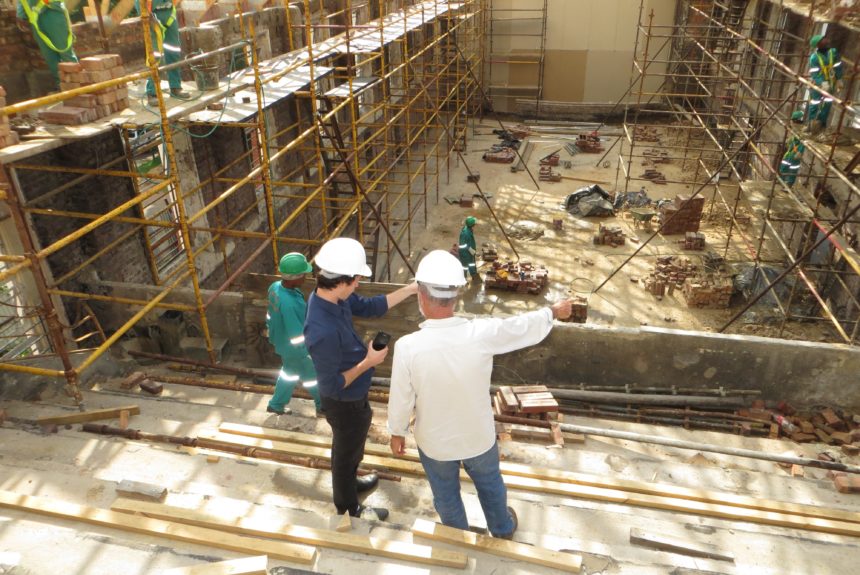The University of Bath writes in Tech Xplore about how bacteria could help to build eco-friendly construction materials.

- A startup in the UK called Adaptavate is using compostable crop waste rather than gypsum to produce plasterboard.
- Gypsum is widely used in home building and accounts for 3% of the UK’s annual greenhouse gas emissions.
- Adaptavate is showing that markets, not mandates, are the best way toward a cleaner future.
“Microbiologists from the University of Bath’s Department of Biology & Biochemistry, and concrete experts from the Department of Architecture and Civil Engineering have been awarded funding by the National Biofilms Innovation Centre (NBIC), for a six-month pilot project that aims to optimize the properties of the prototype plasterboard using their bacteria-based construction technology (BBCT).”
Read the full article here.
The views and opinions expressed are those of the author’s and do not necessarily reflect the official policy or position of C3.
